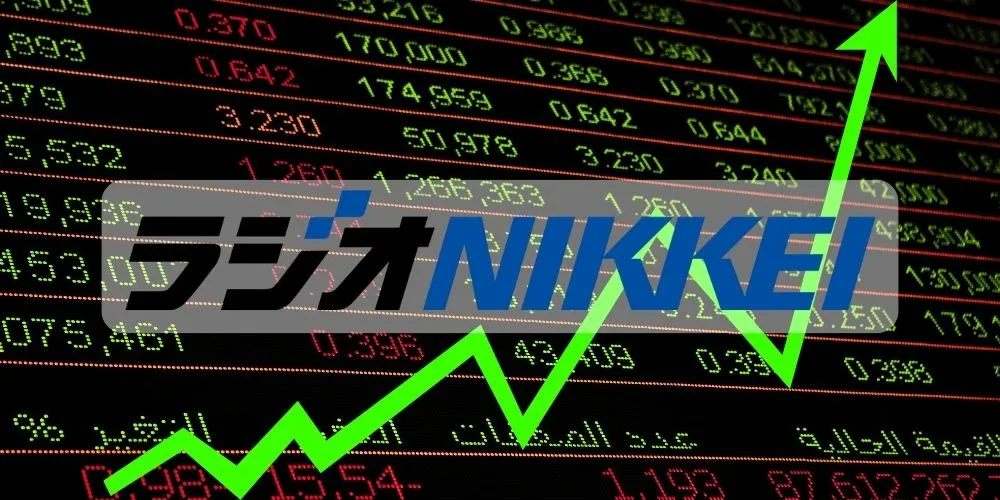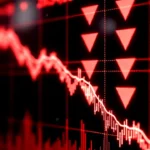In a resounding surge, Japan’s Nikkei share average reached a new 34-year peak on Monday, propelled by the U.S. S&P 500’s record-high close on Friday, which bolstered investor confidence. Despite signs of overheating in the Asian market, the Nikkei rallied, reaching levels not seen since February 1990.
The Nikkei opened significantly higher, briefly retreating in the morning session before soaring as much as 1.69% at 36,571.80 in late trade. It ultimately closed 1.62% higher at 36,546.95, reflecting the broad-based nature of the rally. Out of the index’s 225 components, 207 advanced, with every Nikkei sector posting gains, particularly real estate and technology.
The momentum from the U.S. market was evident as the S&P 500 achieved its first record-high close in two years on Friday. AI-related fervor contributed to substantial gains in chip shares and heavyweight tech stocks, including server maker Super Micro Computer, which raised its profit forecast.
In the Japanese market, SoftBank Group, an AI-focused startup investor, gained 2.41%, and chip-testing equipment maker Advantest, serving Nvidia among its clients, climbed 3.52%. Despite the Nikkei’s impressive 9.2% gain this year, analysts cautioned about a potential pullback, citing technical indicators signaling market overheating. The relative strength index, notably at 76.2, well above the 70 level, indicating overbought conditions, raised concerns.
This year, Japanese shares received an additional boost from diminishing expectations for an immediate end to the Bank of Japan (BOJ) stimulus, especially after a New Year’s Day earthquake. The BOJ is set to announce its policy on Tuesday.
OANDA strategist Kelvin Wong said, “The Nikkei 225 is much more following the U.S. stock benchmarks now, rather than the dollar-yen rate.” He said, “Even if the BOJ signals it’s starting to shift away from negative interest policy tomorrow, I think that could be a positive for the Nikkei, because it gives market participants confidence that Japan is not going to slip back into deflation.”





